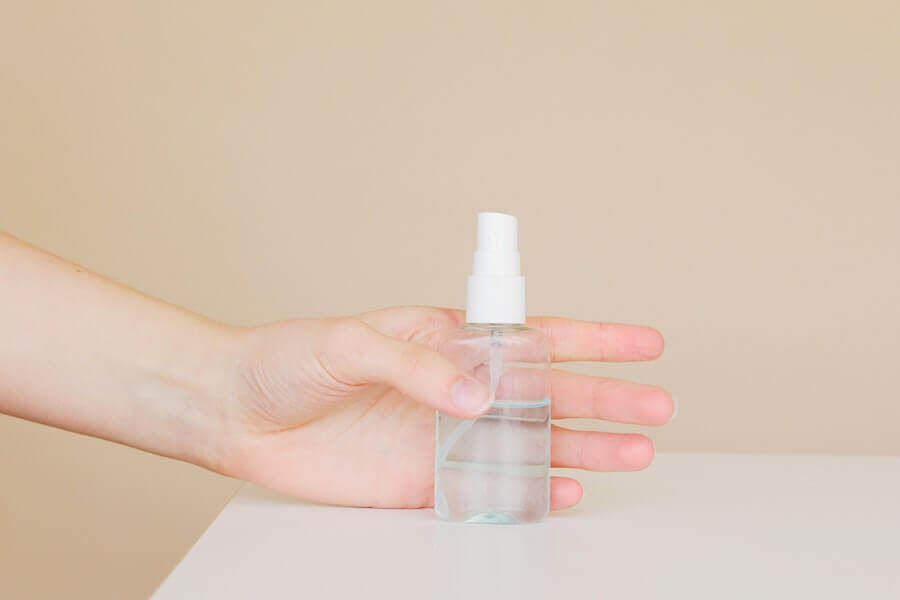Can Vaginitis Be Prevented? Yes, Here’s How
Vaginitis is a common concern for many women, but the good news is that it can often be prevented with some simple lifestyle choices and practices. In this article, we’ll explore how you can take steps to reduce your risk of developing vaginitis and maintain better vaginal health.
Avoid Over-Cleansing for Vaginal Health
One common mistake that can lead to vaginitis is excessive vaginal cleansing. While it’s essential to maintain good hygiene, over-rinsing the vagina can wash away beneficial bacteria and protective mechanisms. It’s best to stick to gentle, mild cleansing routines to avoid disrupting the natural balance.
When to Consider Vaginal Rinsing
In some cases, such as when dealing with certain infections or illnesses, vaginal rinsing may be necessary. However, it’s essential to consult with a healthcare professional before attempting any form of vaginal cleansing. They can provide guidance on the right methods and medications to use safely.
Healthy Habits for Vaginal Wellness
Maintaining overall hygiene is crucial for preventing vaginitis. Ensure that you:
- Keep the genital area clean and dry.
- Wear breathable cotton underwear.
- Avoid tight-fitting clothing that can trap moisture.
- Change out of wet swimsuits and workout clothes promptly.
- Use unscented, gentle soap for external cleaning.
Proper Post-Urination Hygiene Tips
Another valuable habit to adopt is the practice of wiping from front to back after urination. This simple step can help prevent the introduction of harmful bacteria from the anal area into the vagina.
Boosting Resistance through Exercise
One of the most effective ways to bolster your body’s resistance to vaginitis and various other diseases is by staying physically active. Regular exercise strengthens your immune system and enhances your overall health. Remember, a healthy body is better equipped to fend off infections.
Diet and Vaginal Health: What You Need to Know
While some have suggested a connection between a diet high in sweets and vaginitis, scientific evidence is inconclusive. A balanced diet that supports your overall health is generally advisable. If you have specific dietary concerns related to vaginitis, consult with a healthcare professional for personalized guidance.
Conclusion: Your Guide to Vaginitis Prevention
In conclusion, preventing vaginitis involves maintaining a balanced approach to vaginal health and overall well-being. Avoid excessive cleansing, practice good hygiene, and prioritize a healthy lifestyle. Remember, consulting with a healthcare provider is essential for any specific concerns or medical needs.
References:
- Sobel, J. D. (2007). Vulvovaginal candidosis. The Lancet, 369(9577), 1961-1971.
- Hickey, R. J., & Forney, L. J. (2014). Understanding vaginal microbiome complexity from an ecological perspective. Translational Research, 160(4), 267-282.
- Foxman, B., & Brown, P. (2003). Epidemiology of urinary tract infections: Transmission and risk factors, incidence, and costs. Infectious Disease Clinics, 17(2), 227-241.
- Nieman, D. C., & Wentz, L. M. (2019). The compelling link between physical activity and the body’s defense system. Journal of Sport and Health Science, 8(3), 201-217.


